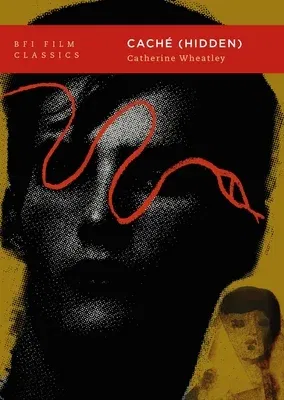Ever since its world premiere at the Cannes film festival in May 2005,
audiences have been talking about Michael Haneke's Caché. The film's
enigmatic and multi-layered narrative leaves its viewers with many more
questions than answers. The plot revolves around the mystery of who is
sending a series of sinister videos and drawings to Georges Laurent
(Daniel Auteuil), the presenter of a literary talkshow. As Georges
becomes increasingly secretive, much to the distress of his wife Anne
(Juliette Binoche), a culprit fails to surface. And even at the film's
end, audiences are left struggling to make sense of what has gone
before.
This hasn't stopped people trying. In an in-depth and illuminating
account, Wheatley examines the key themes at the heart of the 'meaning'
of Caché: the film as thriller; post-colonial bourgeois guilt;
political accountability and lastly, reality, the media and its
audiences, tracing these strands through the film by means of close
readings of individual scenes and moments. Inspired by the director's
claim that we might understand the film as a set of Russian dolls, each
of which is complete in itself but together forms a whole in which
layers of unseen depth are concealed, Wheatley avoids a single, unifying
approach to understanding Caché. Instead, her detailed analysis of the
film's shifting perspectives opens up the multiplicity of meanings that
Caché contains, in order to understand its secrets.
This edition includes a new foreword in which the author reflects upon
Caché in the context of Haneke's subsequent work, and considers the
film's contemporary resonances in an era of omnipresent surveillance
technology and doctored 'fake news' videos.

